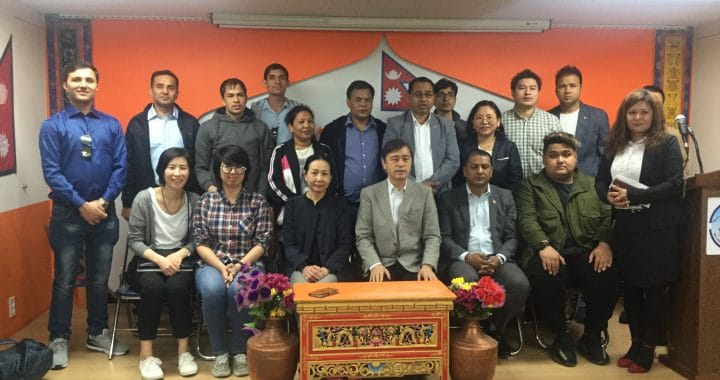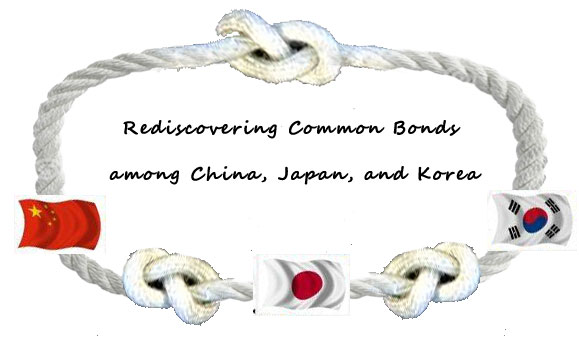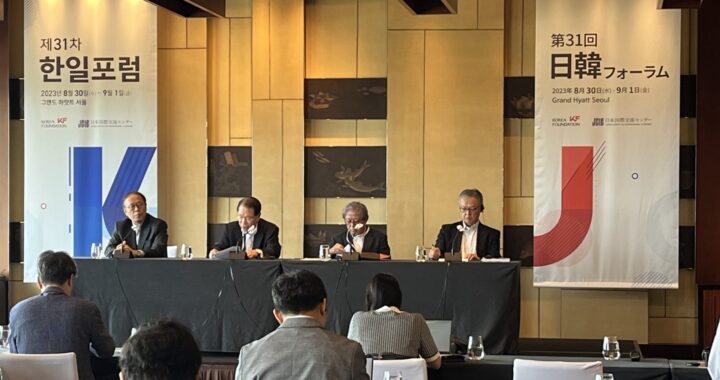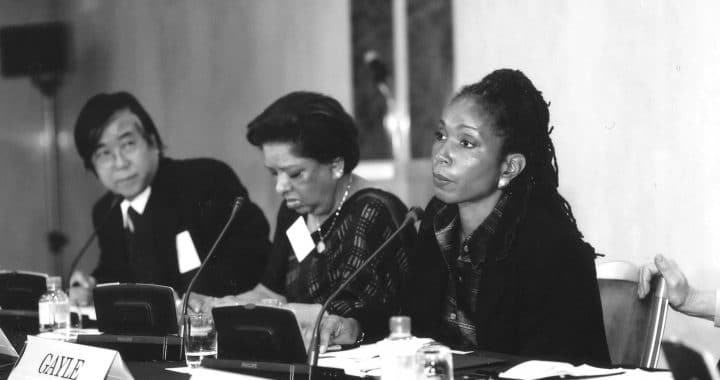Global ThinkNet Fellows | The Japan-US Alliance: New Challenges in the 21st Century

A group of six young scholars examined the elements that might affect the Japan-US alliance in coming decades, including domestic public opinion and politics, tensions between other countries, and cultural outlook. Their final papers were published by JCIE as an edited volume, Japan-US Alliance: New Challenges for the 21st Century.
Japan–South Korea Immigration Policy Exchange Program

Japan and South Korea are facing rapid increases in immigration, leading to the development of more multicultural and multiethnic societies. In November 2017, JCIE began a two-year program aiming to facilitate the exchange of opinions on societal and governmental policy proposals to empower immigrants living in both countries.
Rediscovering Common Bonds among Japan, China, and Korea Program

By working together with the young generation that will serve as tomorrow’s leaders, this project seeks to rediscover the bonds between Japan, China, and Korea and to explore their potential role in the 21st century.
Korea-Japan Joint Committee for Promoting History Studies

JCIE served as the Japanese secretariat for the Korea-Japan Joint Committee for Promoting History Studies, an initiative agreed upon at a 1997 summit between Japanese Prime Minister Ryutaro Hashimoto and Korean President Kim Young-Sam. The Committee was launched in July 1997 with the goal of finding effective ways to enhance studies of history in the two countries.
Guidance for Governance: Comparing Alternative Sources of Public Policy Advice

Beginning in 1999, JCIE and the Brookings Institution initiated a comparative assessment of the state of alternative sources of policy advice in eight democratic countries. Drafts of the papers were presented and discussed at a workshop held in Tokyo on May 28, 2000, as well as during one of the sessions at the Global ThinkNet Conference, held in May 2000.
Governance and Sustainable Systems of Development

This project, part of the Asia Pacific Agenda Project (APAP), was launched in February 1998 and assessed the sources of the Asian crisis by focusing on the concepts of governance and sustainable development, exploring the different levels of governance, criteria for “good governance,” determinants of a sound financial system, and the possible impact of environmental and natural resource limits on growth.
Domestic Adjustments in the Face of Globalization

Under the guidance of Dr. Charles Morrison of the APEC Study Center, Hawaii, and Dr. M. Hadi Soesastro of the Centre for Strategic and International Studies, Jakarta, a multilateral team of 11 scholars identified and explored the policy issues created or substantially affected by the effects of globalization on their respective countries and regions. The results of the survey were published in 1998.
APPC Survey: Governance, Organizational Effectiveness and the Nonprofit Sector

The Asia Pacific Philanthropy Consortium (APPC) was launched in 1994 as an informal network of like-minded institutions that support the growth and development of Asian grantmaking philanthropies. JCIE served as the focal point within Japan for coordinating APPC activities in Japan. It has since been acquired by Give2Asia.
Korea-Japan Forum | 31st Meeting

The 31st Korea-Japan Forum, held in Seoul, brought together participants to discuss domestic political shifts and bilateral relations, economic and security issues facing the two countries, and the latest geopolitical developments in East Asia. The event also featured a Junior Forum for youths from the two countries. The 8th Japan-Korea Forum Award was also held to celebrate those to made significant contributions to Japan-Korea friendship and development.
Human Security Challenges of AIDS and Communicable Disease in Asia—Exploring Effective Regional and Global Responses

JCIE, in collaboration with Asia Society, co-sponsored a one-day international conference titled “Human Security Challenges of AIDS and Communicable Disease in Asia”. Policymakers, media representatives, business executives, academics, and representatives from NGOs, health organizations, and other international agencies gathered to explore strategies for enhancing regional and global collaboration in the fight against HIV/AIDS and other major diseases.
